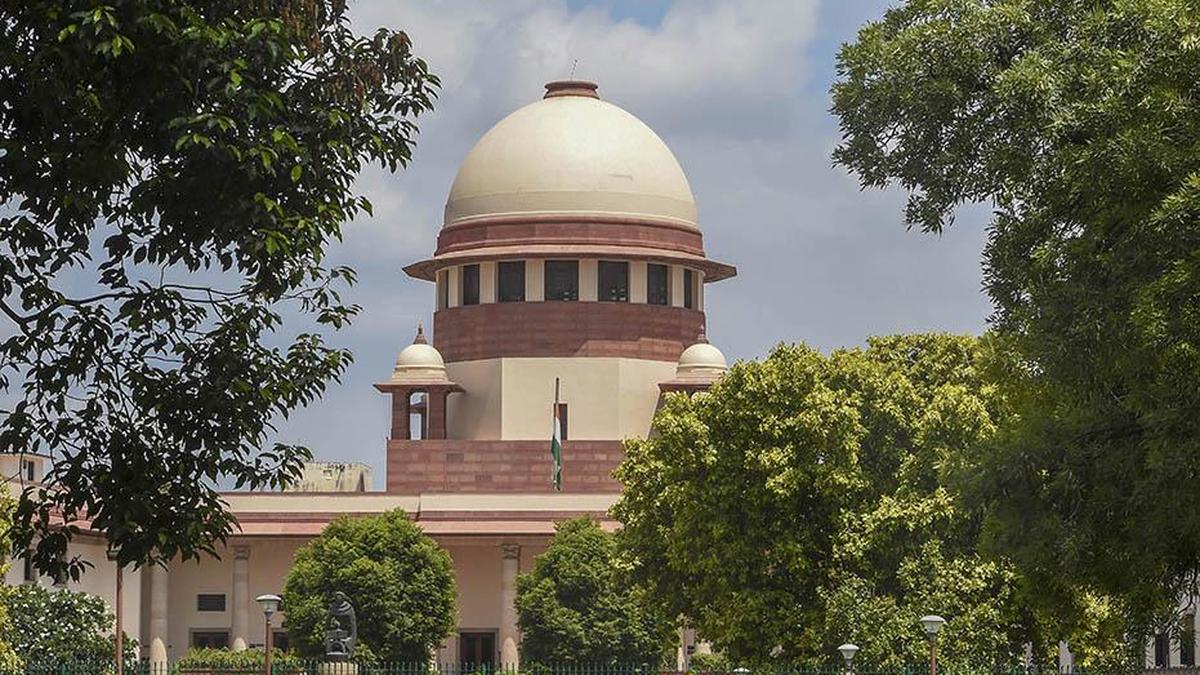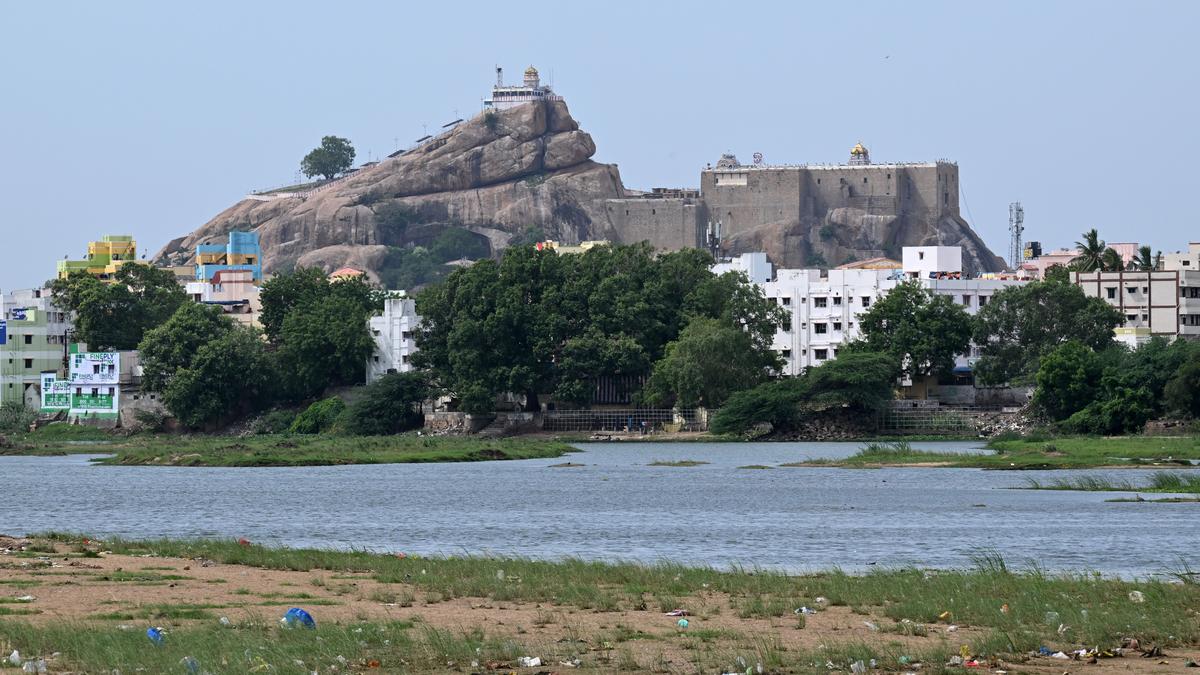Professor Jon Samseth, President, Scientific Committee on Problems of the Environment (SCOPE), Netherlands, on Thursday said heat waves are becoming more frequent, long-lasting, and intense in most parts of Southeast Asia. Since 2000, there have been almost 5,00,000 heat-related deaths annually in the world, he added.
Recent assessments from the Intergovernmental Panel on Climate Change (IPCC) (of which SCOPE was the forerunner) and WHO indicate that cities are becoming urban heat islands in a warming world. Cities like Delhi, Karachi, and Dhaka are experiencing temperatures approaching the limits for human survival, he remarked.
Inaugurating the international conference on ‘Heat and Heatwave trends and their health implications in Global South’, organised by the JSS Science and Technology University (JSS STU) here, he said that in India, and particularly in Karnataka, this shift is being witnessed. Mysuru, once known for its temperate climate, now records summer highs exceeding 40°C. The cascading effects — water scarcity, crop failure, vector-borne diseases, and mental health stress — are deeply felt, he explained.
Prof. Samseth said the most vulnerable groups are the elderly above 65, young children, outdoor workers, and urban poor. With increased temperatures and seasonal heat waves, health issues with negative impacts on humans are expected to increase in the years to come, he cautioned.
“Heatwaves are no longer seasonal anomalies; they are becoming chronic stressors on our ecosystems, economies, and public health systems. The Global South, with its dense populations, limited adaptive infrastructure, and climate-sensitive livelihoods, bears a large share of this crisis,” he said.
Prof. Samseth said SCOPE’s rapid assessment workshops have proven invaluable in addressing emerging environmental threats — from heat stress in urban corridors to climate-induced health risks.
In his address, JSS Mahavidyapeetha Executive Secretary C.G. Betsurmath said India has witnessed a sharp rise in extreme heat events over the past decade. “This is not just a climate issue; it is a public health emergency,“ he stated.
He said the Karnataka State Heat Wave Action Plan 2024–25 highlights alarming trends. The State is highly vulnerable to heatwaves. Out of 31 districts, 15 are vulnerable to heatwaves on a different scale. Districts like Kalaburagi, Raichur, and Ballari are now classified as high-risk zones for heat-related illnesses. Even traditionally moderate regions like Mysuru are experiencing uncharacteristically high temperatures, with heat indices breaching safe thresholds, he said.
Dr. B. Suresh, Director, Technical Education division, JSS MVP, Mysuru, Dr. A.N. Santosh Kumar, Vice-Chancellor, JSS STU, Dr. Amitava Bandopadhyay, DG, NAM S&T Centre, New Delhi, Dr. Neville Sweijd from South Africa, and Prof. S.A. Dhanraj were present.

 2 hours ago
4
2 hours ago
4







 English (US) ·
English (US) ·